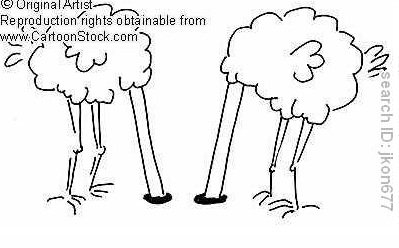Golden arm
First Class Star
- Joined
- Apr 15, 2008
- Runs
- 3,823
I just wanted to remind and share my feelings about the fall of dhaka, the most tragic incident in history of Pakistan.
This incident happened because of dictatorships, industrialists, feudal lords, cunning generals.
All these guys refused to give due rights to the public of east Pakistan. They put deaf ear to their demands, and infact behaved cruelly & brutally with the muslims in east Pakistan ( Pakistanis)
Few lessons to be learnt from this event.
a. Listen to the public and their demands, Never opress them, otherwise, we must wait for other tragic incidents like these [ this is why Baluchistan has become central issue]
b. Democracy is the best rule. Majority must rule. Had we given due power share to mujeeb ur rehman and our political leaders had the patience to wait for their turn, this tragic event would not have happened. [ I must say Bhutto made a grave mistake by not waiting for his term, and new elections]
c. External interference
I must say external interference and exploitation has increased to an alarming state in both the countries.
Now openly and clearly CIA agents are working in our ministries.
Even Bangladesh [before partition they had pretty decent politicians, like suharwardi , maulvi fazal e haq, they have the worst corrupt politicians now]
I would request other ppers esp momo and wazeeri to come up and share their feelings about this day!
Some information and documenteries about this tragedy!
http://pkpolitics.com/2008/12/16/remembering-the-fall-of-dhaka/
http://www.paktribune.com/speakout/index.php?id=104
This incident happened because of dictatorships, industrialists, feudal lords, cunning generals.
All these guys refused to give due rights to the public of east Pakistan. They put deaf ear to their demands, and infact behaved cruelly & brutally with the muslims in east Pakistan ( Pakistanis)
Few lessons to be learnt from this event.
a. Listen to the public and their demands, Never opress them, otherwise, we must wait for other tragic incidents like these [ this is why Baluchistan has become central issue]
b. Democracy is the best rule. Majority must rule. Had we given due power share to mujeeb ur rehman and our political leaders had the patience to wait for their turn, this tragic event would not have happened. [ I must say Bhutto made a grave mistake by not waiting for his term, and new elections]
c. External interference
I must say external interference and exploitation has increased to an alarming state in both the countries.
Now openly and clearly CIA agents are working in our ministries.
Even Bangladesh [before partition they had pretty decent politicians, like suharwardi , maulvi fazal e haq, they have the worst corrupt politicians now]
I would request other ppers esp momo and wazeeri to come up and share their feelings about this day!
Some information and documenteries about this tragedy!
http://pkpolitics.com/2008/12/16/remembering-the-fall-of-dhaka/
http://www.paktribune.com/speakout/index.php?id=104
Last edited:







 )!
)!


